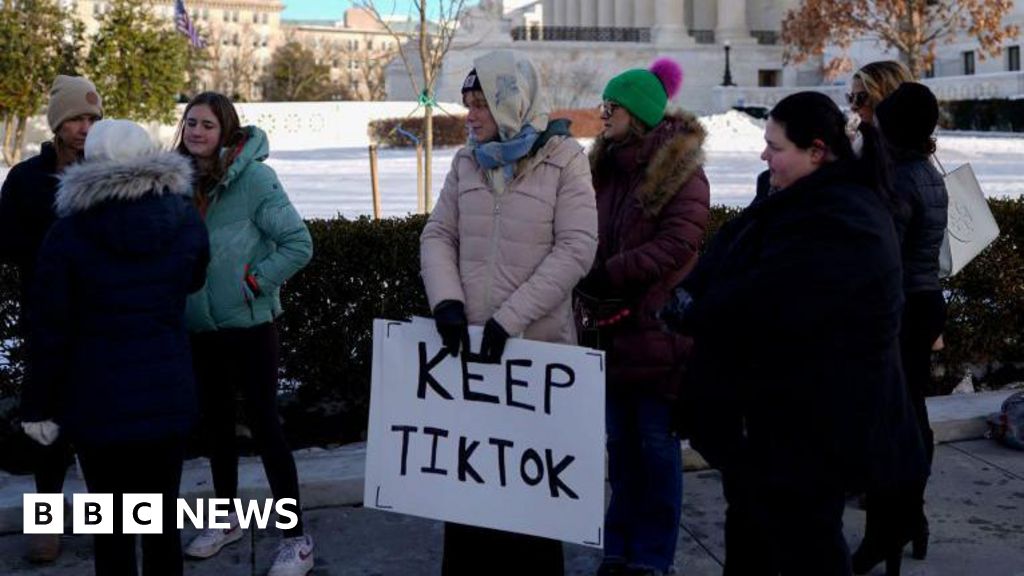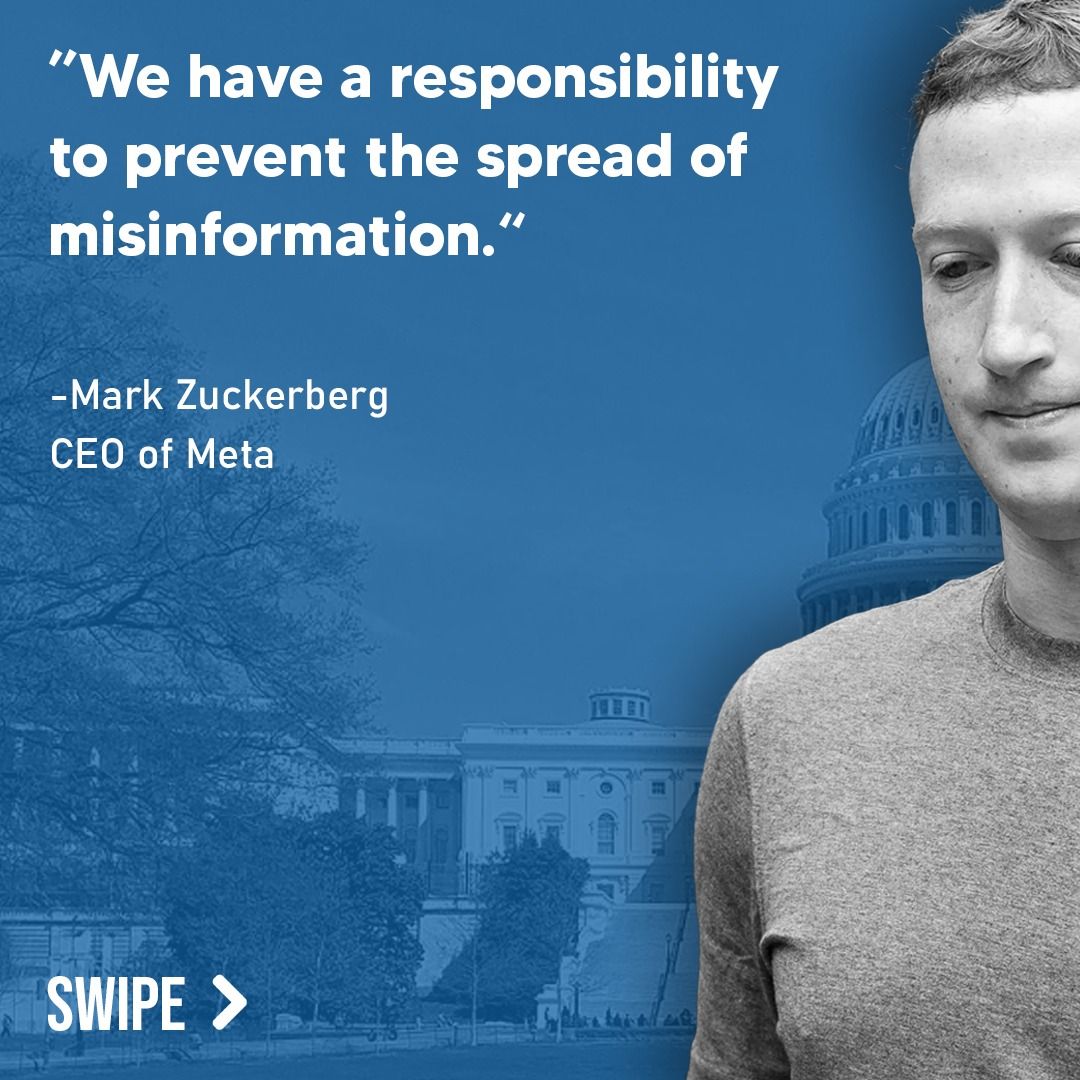
Fact Check: What Happens If TikTok Is Banned?
Submitted by a DBUNK user: Have a news article you’re skeptical about? You too can submit a fact check request for free through our upcoming DBUNK app, launching soon.
It’s no secret that the potential ban of TikTok in the U.S. has sparked heated debates about national security, user freedom, and even corporate favoritism. But how much of the information surrounding this contentious topic is accurate? Today, DBUNK dives into the article titled “What Happens if TikTok is Banned?”, published on January 16, 2025, by Tom Gerken and Liv McMahon. Let’s uncover where the article hits the mark and where it fails to deliver the whole truth.

Misinformation and Misrepresentation Found
First, let’s dissect the claim that if TikTok is banned, users in the U.S. would still be able to access the app using methods such as VPNs, region changes, or custom downloads. While there is some truth to this, the article fails to clarify the significant legal, technical, and security hurdles these methods present. For instance, circumventing the ban through VPNs or third-party modification could lead to violating terms of service agreements or even copyright laws, as noted toward the end of the article. However, the claim that many users would likely bypass the ban entirely ignores the significant complexities involved and assumes a level of tech-savviness that most users simply don’t possess. This creates an incomplete narrative that can be misleading to readers.
Additionally, the article’s mention of ByteDance complying with a government ban suggests the app might “go dark” voluntarily in the U.S. but doesn’t explore the likelihood or implications of this scenario beyond a brief mention. A more balanced analysis should have addressed ByteDance’s previous strategies during similar bans worldwide, such as in India, and considered whether voluntary compliance is feasible given their insistence that such a move would be “unconstitutional.”

Is This About Security or Financial Gains?
The article heavily cites ByteDance’s argument against the constitutionality of a ban and briefly notes President-elect Donald Trump’s opposition to the law but does not delve deep enough into the motivations behind this divisive issue. While lawmakers publicly frame the ban as a matter of national security due to TikTok’s alleged data-sharing with the Chinese government, the article neglects to investigate the potential ulterior motives—namely, the competitive advantages this ban could present to U.S.-based social media giants like Meta (parent company of Instagram and Facebook) and Google (YouTube Shorts).
Jasmine Enberg’s commentary in the article hints at this, stating that Meta and Google might be the “natural fits” for displaced TikTok users and advertisers. However, it overlooks the growing criticism that these companies have close ties to policymakers, raising legitimate concerns about whether this policy is more about benefiting domestic corporations than protecting Americans’ data. In the absence of more context about the political lobbying efforts of big tech companies, the article paints an incomplete picture. Readers may wonder if politicians are genuinely prioritizing national security—or simply enabling lucrative opportunities for corporate giants.

Where’s the Broader Context?
One glaring omission in the article is the broader geopolitical implications of banning TikTok. Though Professor Milton L. Mueller raises an essential point about the potential “fragmentation of the internet,” this issue is merely touched upon and dismissed without deeper exploration. The article fails to discuss how a TikTok ban could escalate tensions between the U.S. and China or set a precedent for other nations to impose similar restrictions. By ignoring this context, the article doesn’t provide readers with a full understanding of the stakes involved in this debate.
The Bigger Picture: Who Actually Wins This Battle?
If TikTok is indeed banned, the winners would likely be U.S. tech giants like Meta and Google, as the article briefly acknowledges. But the question remains—who is truly behind this push to “protect” American users? Are lawmakers genuinely worried about security risks, or are they acting in the interests of Silicon Valley? The article leaves these questions largely unanswered. To receive updates on investigations like this and others, subscribe to DBUNK’s newsletter or connect with us on social media.

Conclusion
While the article raises some valuable points about the mechanics and potential outcomes of a TikTok ban, it ultimately falls short in addressing several critical questions, leaving the reader with an incomplete and biased view. By failing to contextualize the motivations behind the ban and its broader implications, this analysis lacks the depth and balance required for such a contentious and important issue.
For real-time access to unbiased news and detailed fact-checking, stay connected with us via our social media channels. Our DBUNK app, launching soon, will empower you to dissect and discern the truth in a world filled with digital noise.

